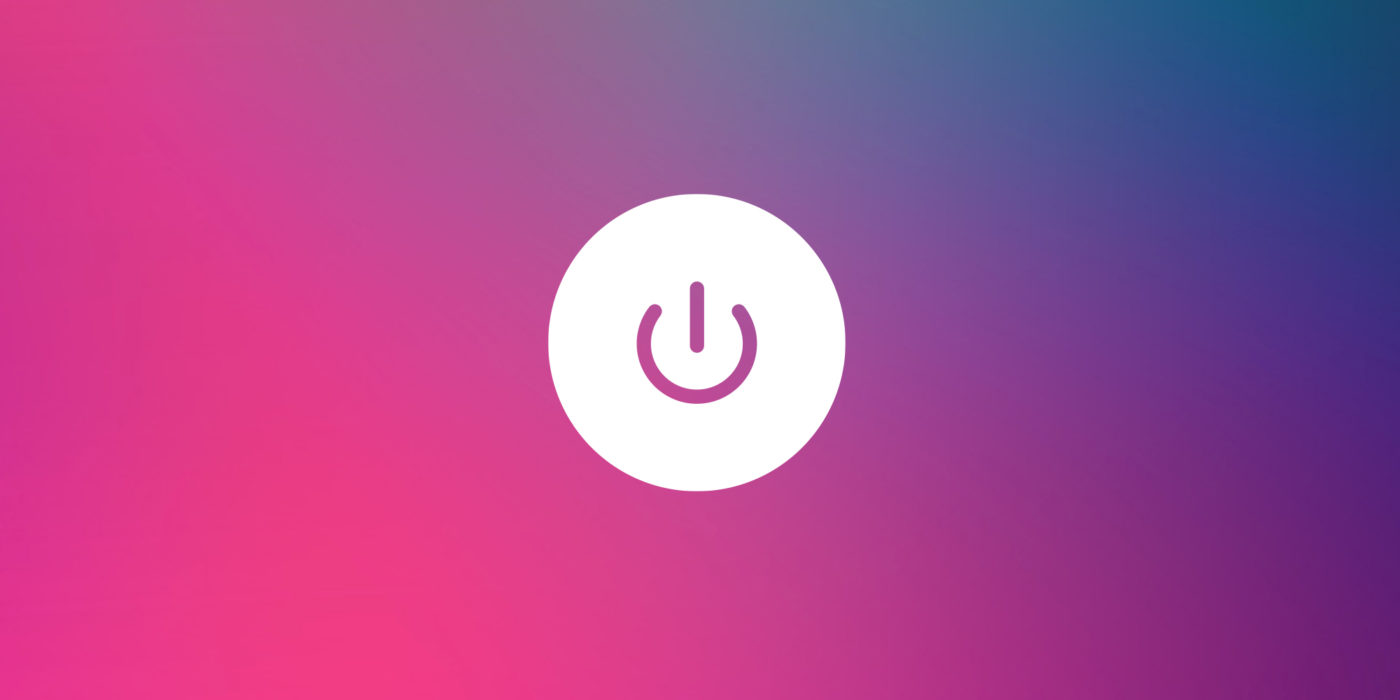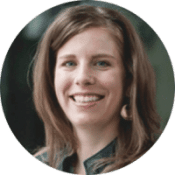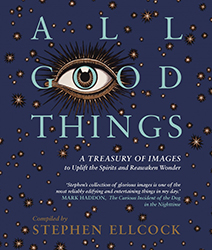Pause and look around the next time you are in a public place like a crowded bus or mall food court. How many of the people you see are gazing down at their phones, oblivious to the world around them? Webby Awards founder and International Academy of Digital Arts and Sciences co-founder Tiffany Shlain used to be like this. Having ridden the wave of the tech explosion since the beginning, she felt stressed and exhausted from being constantly online, but described herself as “powerless against the allure of the device in my hand.” Today, however, with a decade of experience in taking regular time away from screens, she shares steps to greater freedom from technology in her debut book “24/6: The Power of Unplugging One Day a Week”.
Shlain’s wake-up call came when her father’s death was swiftly followed by her daughter’s birth. Grieving and overwhelmed, she actively sought out ways to feel calm, grounded and connected with loved ones. Shlain’s husband had introduced her to the formal act of taking a break from work each week in honour of the Jewish day of rest. Together, they decided to extend their ritual to include unplugging from technology, and the “Technology Shabbat”, turning off all screens for 24 hours each week, was born. The concept of Shabbat is a perfect fit for breaking the spell that screens can cast over us. While the details of its celebration vary widely, it is a sacred pause from the daily grind. However, Shlain explains why the benefits her family has experienced are based not just on faith, but on science.
“24/6” is equal parts memoir and instructional guide, with compelling research that will motivate you to unplug regularly. Shlain reveals the history of why our calendars are broken down into seven-day weeks, as well as how labour unions fought for today’s eight-hour work days and two-day weekends. She points out how easily we’ve let work and outside influences creep back into our hard-won free time. Next, she shares how her family approaches the Technology Shabbat. It begins with a ritual meal including homemade challah (a Jewish traditional bread, usually in the shape of a braid, served on Shabbat). Shlain even provides the recipe for you to try at home.
The next section of the book, “Keeping Tech Human”, covers several research-backed best practices to limit the negative impacts of technology. I wholeheartedly agree with many of these, such as finishing a cell-phone conversation before entering a meeting, or making eye contact as an important part of human connection. However, based on the title of the book, I expected the focus to be on the benefits of unplugging one day a week. I wasn’t prepared for the volume of additional information here and got bogged down. I would have preferred to skip right to the next section on the “Science of Unplugging”.
In “The Science of Unplugging”, Shlain paints a compelling picture of the potential harms of today’s technology and the benefits we realize when we give our brains a break from the constant barrage of information. “Brain scans show that we exhibit the same compulsive brain patterns while online as we do while using drugs,” she says. “Research is starting to suggest [screen time] is actually rewiring our brains and possibly changing us at a cellular level… It’s making us less compassionate and shortening our attention spans.” She explains how screens are intentionally designed to be addictive and their excessive use is taking its toll on our health and wellbeing—both individually and collectively. Numerous studies have proven that taking time away from our devices for other pursuits results in better sleep, productivity, empathy, and creativity, as well as improved memory and recall.
Shlain emphasizes that as consumers, we have the power of choice and must exercise it, using screens as the tools they are rather than letting them rule our lives.
Though I found some of the information in the book excessive, reading it has made me reflect on where the technology tools in my life are helping, and where they are adding stress and unhealthy patterns. Now if you’ll excuse me, I have some unplugging to do.
“Creation thrives in rhythms of work and rest, action and peace. I practice #TechShabbat, a day without screens each week, so that I can be rested and restored to best contribute fully to the world. The Marine Arctic Peace Sanctuary creates a place of rest and restoration in the vulnerable Arctic Ocean so it can continue to support and contribute to life on the planet.”
– Tiffany Shlain
Amy Kellestine is a leadership expert, executive coach and devoted mom living in Edmonton, Canada. Dedicated to helping others, she is the Operations Manager for Parvati.org and a regular volunteer with Cystic Fibrosis Canada.
Other books to check out this month:
Seane Corn, “Revolution of the Soul”
(Sounds True—September 3, 2019):
A revealing memoir with heartfelt teachings about the true meaning of yoga.
“The writing of this book required a level of authenticity and vulnerability that was a bit scary at first, but forced me to walk my talk in a big way. Our personal evolution and the empathy that arises from inner growth are the revolution that can ease this world towards peace.” – Seane Corn
Stephen Ellcock, “All Good Things: A Treasury of Images to Uplift the Spirits and Reawaken Wonder”
(September Publishing—December 3, 2019):
Images from all eras, chosen by one of Facebook’s most loved curators.
“My deepest wish is to bring a little piece of Heaven down to Earth. Failing that, I would settle for giving anyone who visits these pages a glimpse of the wonder, beauty and mystery that still exist in the world around us.”- Stephen Ellcock
Sayadaw U Tejaniya, “Relax and Be Aware: Mindfulness Meditations for Clarity, Confidence and Wisdom”
(Shambhala—December 10, 2019):
This collection of meditations by Burmese Buddhist master Sayadaw U Tejaniya shows you how to build a daily practice.
“If you are practicing with right effort, it will definitely bring peace and joy.” – Sayadaw U Tejaniya















